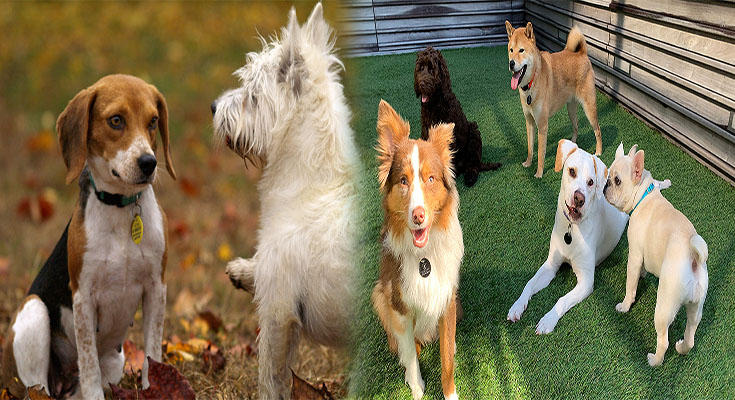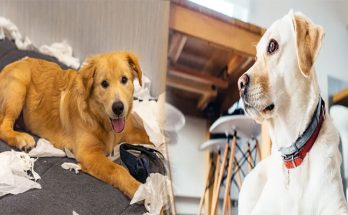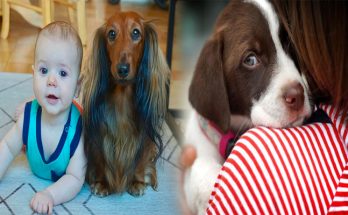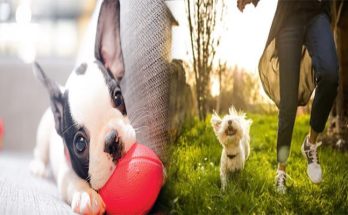Introducing a new puppy into your home can be an exciting time, but it’s essential to ensure that they have the opportunity to socialize and interact with other pets in a safe and positive manner. Proper socialization plays a crucial role in shaping a puppy’s behavior and helping them develop into well-adjusted and confident adult dogs. Here are some essential tips on how to socialize your puppy dog with other pets:
1. Early and Positive Encounters
Start the socialization process as early as possible by exposing your puppy to other pets in a controlled and positive environment. Early interactions with other animals will help your puppy develop social skills and learn appropriate behavior. Ensure that the initial encounters are calm, gentle, and supervised to prevent any negative experiences.
2. Gradual Exposure
Gradually expose your puppy to different types of pets, including dogs, cats, and other animals, to help them become comfortable with various species. This exposure should be done slowly and in a controlled manner, allowing your puppy to observe and interact with other pets at their own pace.
3. Supervised Playtime
Organize supervised playtime sessions with other pets to facilitate positive interactions. Use a neutral and open space to allow the animals to interact freely while ensuring that they are under close supervision. Watch for signs of discomfort or aggression and intervene if necessary to prevent any negative encounters.
4. Positive Reinforcement
Use positive reinforcement techniques such as treats, praise, and rewards to encourage your puppy’s calm and friendly behavior around other pets. Reward them for displaying appropriate social behaviors and for remaining calm and non-threatening during interactions with other animals.
5. Observe Body Language
Pay close attention to your puppy’s body language and behavior during interactions with other pets. Look for signs of relaxation, curiosity, and friendliness, as well as any signs of fear, anxiety, or aggression. Understanding your puppy’s body language will help you assess their comfort level and make informed decisions during socialization sessions.
6. Respect Individual Boundaries
Respect the boundaries and comfort levels of both your puppy and the other pets involved. Not all animals may be immediately receptive to social interaction, and it’s important to respect their need for personal space and gradual acclimatization.
7. Professional Training and Guidance
Consider enlisting the help of a professional dog trainer or behaviorist to assist with the socialization process. An experienced trainer can provide valuable guidance on best practices, help address any behavioral challenges, and offer personalized strategies for introducing your puppy to other pets.
By following these essential tips and techniques, you can help your puppy develop positive relationships with other pets and become a well-socialized and well-adjusted companion. Remember that every puppy is unique, and the socialization process should be tailored to meet their individual needs and temperament.
Socializing your puppy with other pets is an important aspect of their overall development and well-being. With patience, consistency, and positive reinforcement, you can help your puppy build strong and harmonious relationships with other animals, setting the foundation for a lifetime of positive social interactions.
Remember to prioritize your puppy’s comfort, safety, and well-being throughout the socialization process, and celebrate every positive interaction as a step towards fostering positive relationships and a happy, well-adjusted furry family.
I hope you find this article on how to socialize your puppy dog with other pets informative and helpful! If you have any other questions or need further assistance, feel free to ask!





